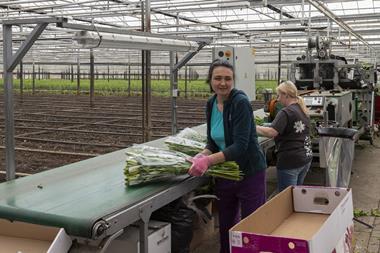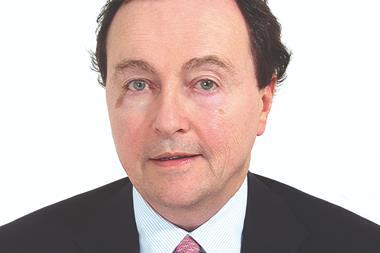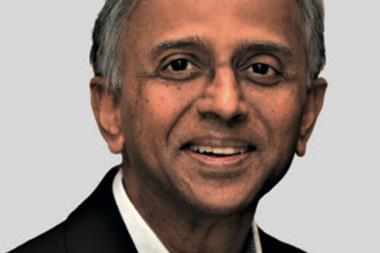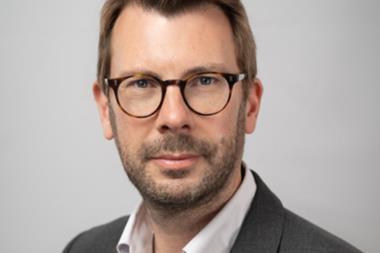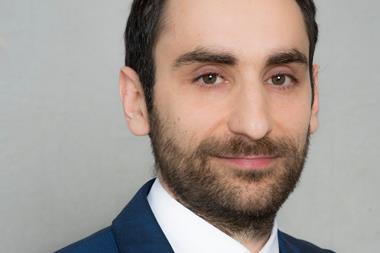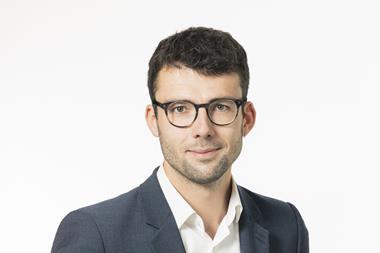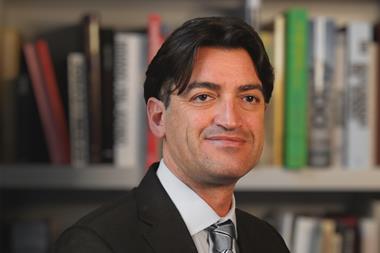The OECD is committed to facilitating development finance through structures that provide a commercial return
Key points
- Private-sector development finance commitments fall short of what is needed to meet the SDGs
- Blended Finance Principles are intended to mobilise commercial investment
- Other plans include guarantees, green, social and sustainability bonds, as well as risk-transfer mechanisms
ESG, particularly climate-related criteria, are beginning to drive mainstream investment decisions. As the Task Force on Climate-related Financial Disclosures (TCFD) and International Financial Reporting Standards (IFRS) attest, ESG and climate considerations are increasingly influencing the decisions of institutional investors.
As Larry Fink, CEO of BlackRock, underlined at the recent IPE-partnered OECD Blended Finance & Impact Week in February, “climate risk is investment risk”. In 2021 and beyond, turning towards sustainable investments with long-term horizons will be critical to ensure planetary as well as business-model resilience.
While the ‘E’ in ESG is becoming mainstream, a comprehensive approach to aligning long-term investment with the broader set of the Sustainable Development Goals (SDGs) is pending. Mobilising SDG-investments, in particular in developing countries and emerging markets, continues to constitute a challenge, characterised by a mix of road blocks. However, blended finance and impact investing have gained traction as strategies with the capacity to help unlock much-needed commercial investment for high development impact projects.
Blended finance can incentivise commercial investment by strategically shifting a project’s risk-return relationship in such a way that commercial investors are willing to come in. To that effect, development co-operation actors or philanthropic agencies can provide development finance to mitigate risks or enhance returns for commercial actors while maintaining commercial sustainability of the underlying investment project.
Blended finance has gained traction following the 2015 consensus on the need to attract more private capital to bridge SDG gaps – figures indicate that development finance from bilateral and multilateral providers mobilised $47.1bn (€39.6bn) from the private sector globally in 2019.
However, the triple shock of COVID-19 over the past year, which has devastated health systems, economies and societies across the globe, revealed the fragile nature of our current system. In 2020, we were already missing the mark on SDG funding, and this unprecedented crisis has now served to widen to the gap in developing countries to a staggering $4.2trn. As such, scaling blended-finance strategies with a view to mobilising greater volumes of commercial finance is more critical than ever if we are to recalibrate economies towards inclusive growth trajectories, achieve sustainable development commitments, and unlock the 2030 agenda to achieve the SDGs.
The urge to scale efforts is reflected in a number of examples of development actors implementing strategies seeking to scale mobilisation from the private sector. Earlier this year, the UK’s Foreign, Commonwealth and Development Office launched its Mobilising Institutional Capital Through Listed Product Structures (MOBILST) scheme. MOBILST is a public competition designed to demonstrate how to channel large institutional flows towards SDG and climate financing using listed instruments. As such, the UK will support infrastructure proposals that can list on the London Stock Exchange or local exchanges.
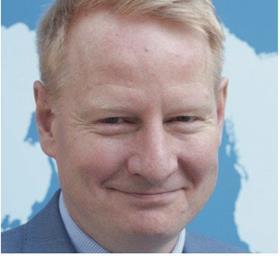
Such examples build on more established direction-setting efforts to mobilise greater volumes of commercial capital. One successful example is the Managed Co-Lending Portfolio Programme (MCPP) of the International Finance Corporation (IFC). MCPP is IFC’s syndications platform, making diversified portfolios of emerging-market private-sector loans available to commercial institutional investors, backed by a guarantee from the Swedish International Development Cooperation Agency. Institutional investors include Allianz Global Investors, AXA and Liberty Specialty Markets, among others.
The OECD, as one of the leading standard-setting organisations for international development, has a critical role to play in facilitating the mobilisation of commercial finance at scale. The OECD Development Assistance Committee (DAC) Blended Finance Guidance provides a toolkit to put the OECD DAC Blended Finance Principles for Unlocking Commercial Finance for the Sustainable Development Goals into action.
Likewise, the OECD is committed to ensuring mobilisation efforts at scale generate the intended impact on people and the environment. In this context, OECD-UNDP jointly developed the Impact Standards for Financing Sustainable Development (IS-FSD). Recently approved by the OECD DAC, the standards seek to integrate impact management into investment practices and decision-making.
Ultimately, the standards seek to help development-finance investors demonstrate their intention to contribute positively to development and the achievement of the SDGs, as well as how investors promote impact integrity and avoid impact washing.
At the OECD Blended Finance and Impact Week in February, stakeholders from across the public and private sector came together to mark the launch of the Guidance and forthcoming Impact Standards. The successful digital event celebrated the first anniversary of the OECD Community of Practice on Private Finance for Sustainable Development (CoP-PFSD), and consisted of focused discussions on critical topics related to how blended finance can deliver development impact for the 2030 agenda in the COVID-19 era and beyond.
Committed to driving forward solutions to today’s most critical policy challenges, the OECD aims to bridge the public and private sector. Upcoming work includes targeted policy analysis regarding the use of specific instruments, such as guarantees and green, social and sustainability bonds and risk-transfer mechanisms. On the impact side, implementation guidance for the Impact Standards, as well as select pilot studies will offer evidence and examples of best practice on investing for impact.
Haje Schütte is senior counsellor and head of financing for sustainable development division, OECD
Special Report – Impact investing 2021

In this special report, we take a close look at how COVID-19 has impacted progress regarding SDGs and other key topics in impact investing including blended finance, impact bonds, social enterprises and ocean finance
- 1
- 2
- 3
- 4
 Currently
reading
Currently
reading
OECD: plans to mobilise institutional capital
- 6
- 7
- 8
- 9
- 10
- 11
- 12























